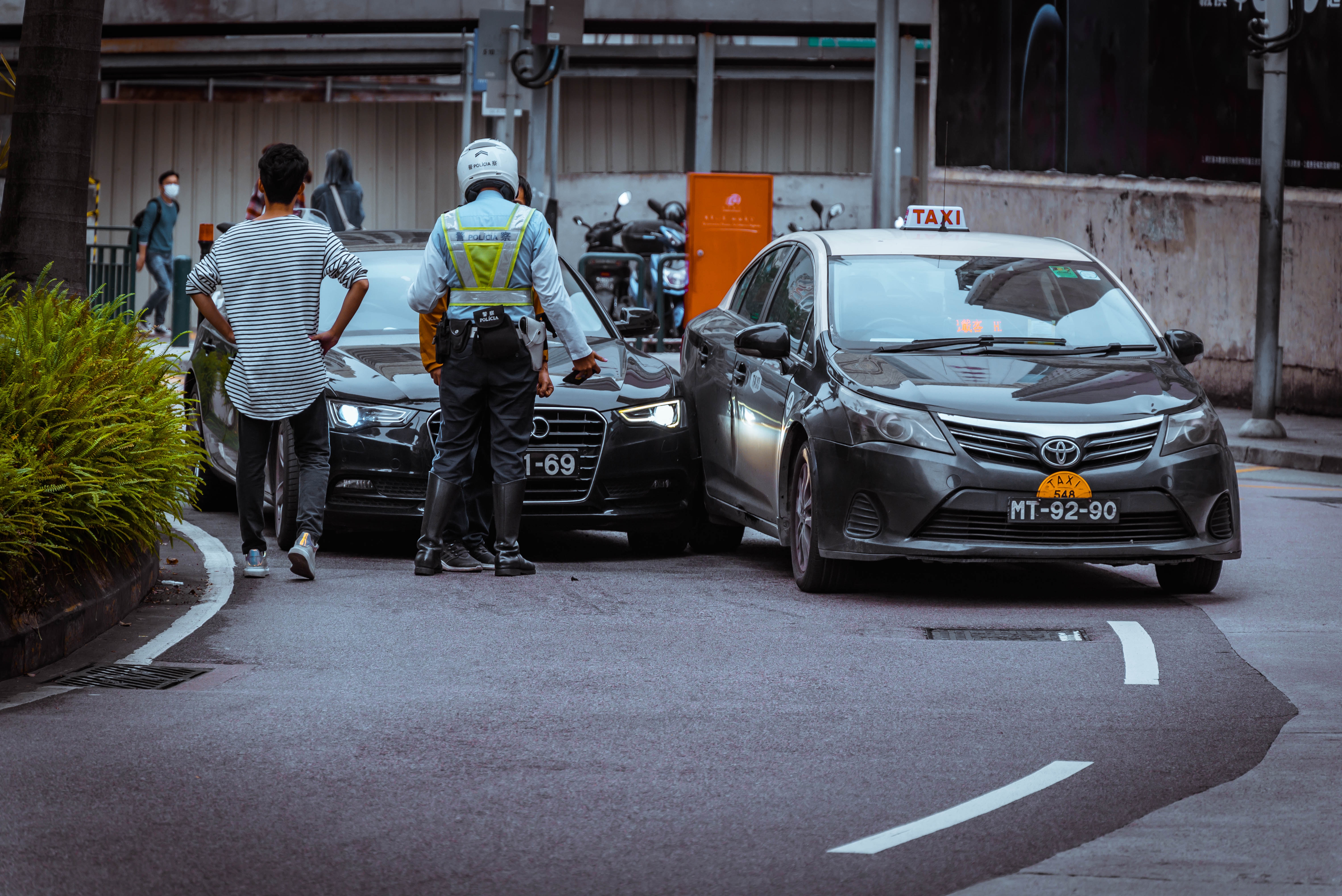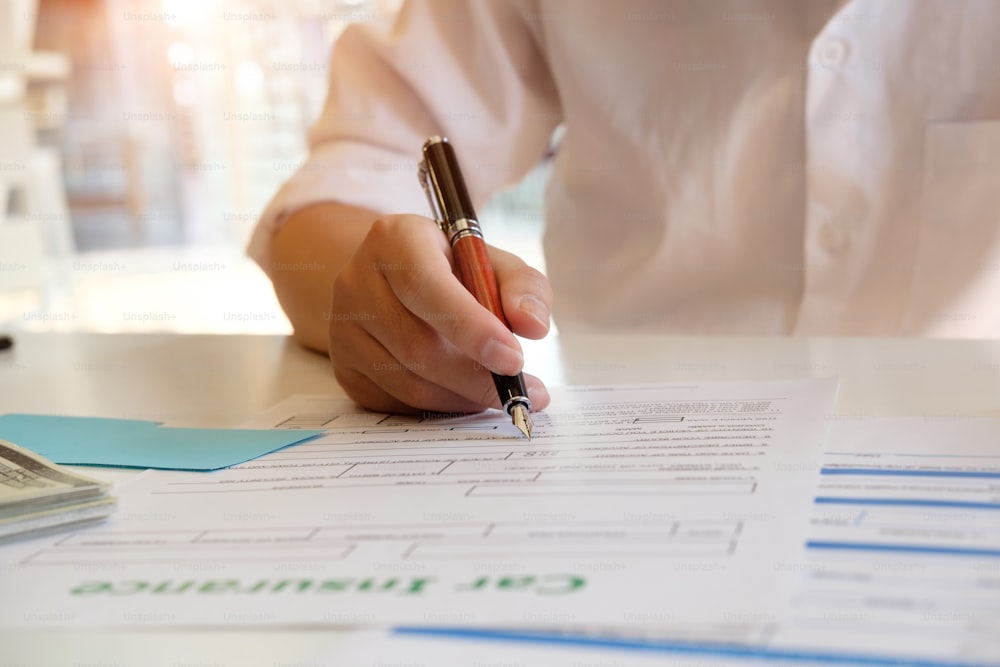
A Minor Car Accident – What now?
Few of us will be able to drive for the rest of our lives without getting into one or two minor collisions, whether it be from carelessly bumping the car in front of you in stop-and-go traffic or failing to see another parked car behind you when backing out of your parking space at a mall. What should you do if you are at fault in a small auto collision?
If you have either comprehensive or third-party insurance, minor occurrences shouldn't put you through too much stress or trouble. To speed up the process, it's crucial to report the accident and submit a claim to your insurer in the proper order.
When you are still on the accident scene, the first step is to get information from the other driver. Take pictures and videos of both vehicles, get their contact information, and make sure to note their VIN number. If the driver is not present, record as much details as you can and leave a note on their windscreen with your contact information.
(Image taken by Erik Mclean)
1. Report the accident to the police and your insurer
Even if neither you nor the other motorist intends to file an insurance claim, you are still required by law to report the collision to the police within 24 hours (or as soon as is practically possible). Once you're in the police station, note the case number and take images of the finished report. You are now prepared to notify your insurance company of the accident.
You must still report being involved in an accident involving a third party even if you don't intend to make a claim from your insurer for damage to your own vehicle. If and when the third party or their insurance company contacts you, your insurer will handle the rest. You don't need to communicate with the third party after the exchange of information at the scene of the accident.
The third party can decide whether to repair the car themselves and then make a claim to you or your insurance company. Or have your car repaired directly by you or your insurance company. Or, have the insurance company fix the car and reimburse you or your insurance company for the cost. If the insurance company is not contacted, there is no need to follow up. Claim resolution with insurance companies is the responsibility of the third party.
2. Leave it to your insurance company
“Rather leave things in the hands of the insurance companies, which have the legal expertise to deal with the claims resulting from the accident. Don’t admit liability, get involved in an emotional exchange or debate who is at fault, even if you feel it was your fault or if the other driver is angry. If you stay neutral, it gives your insurer a better chance of defending you.”
The insurance company will check what happened in the accident, whether it was really your fault, and whether the damage caused by the accident is covered by your insurance. In this case, the insurance company will resolve the claim with the other driver or their insurance company. If your insurance company determines that you are not responsible for the accident, they will act on your behalf against the other party or their insurance company. If the insurance company determines that the damage is not covered by the policy, you will need to work with a third party or their insurance company. However, if you had insurance and were not doing anything illegal or reckless at the time of the accident: Drunk driving, something like this is unlikely to happen.
(Image taken by Getty images via Unsplash)
The following statements should be avoided (because saying any of these may invalidate your insurance policy, even if the third party is a friend):
"Sorry, it's all my fault! My insurance company will pay for the repair or refund you."
"I have really good insurance. I'm sure they will fix your car."
“Please request a damage estimate and let us know and we will refund you.”
"If you file a claim with your insurance company, I will pay your deductible because it's all my fault."
Even if you think comprehensive insurance for your car isn't worth it, you should consider liability insurance. You can avoid debt consolidation for life if you are involved in a R2million sports car accident.


